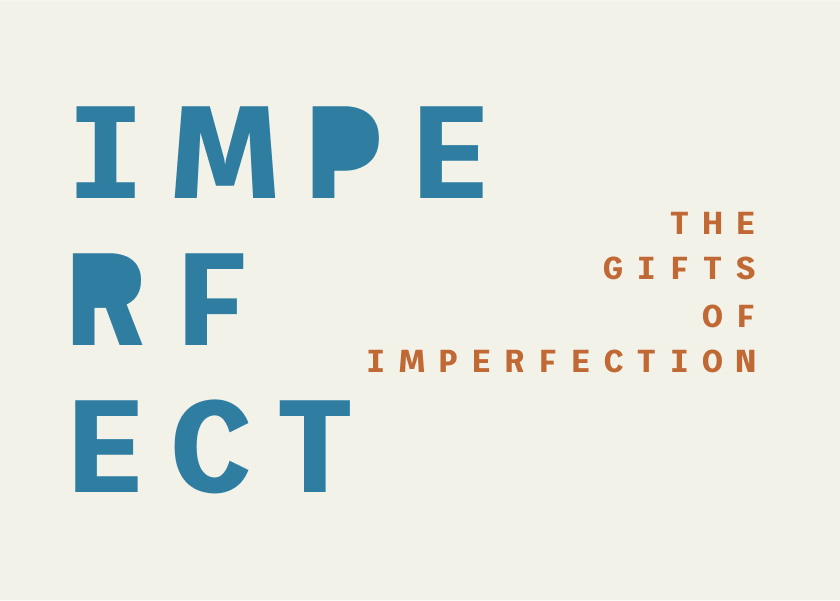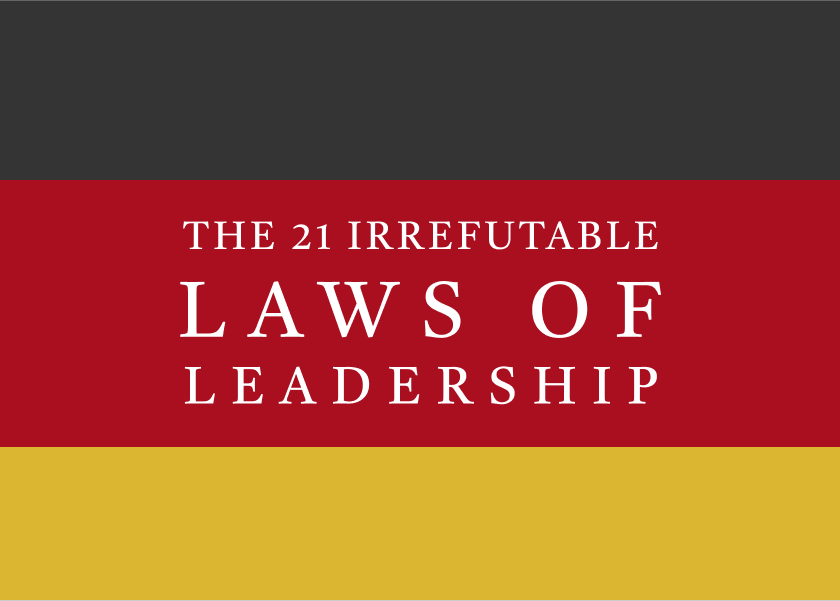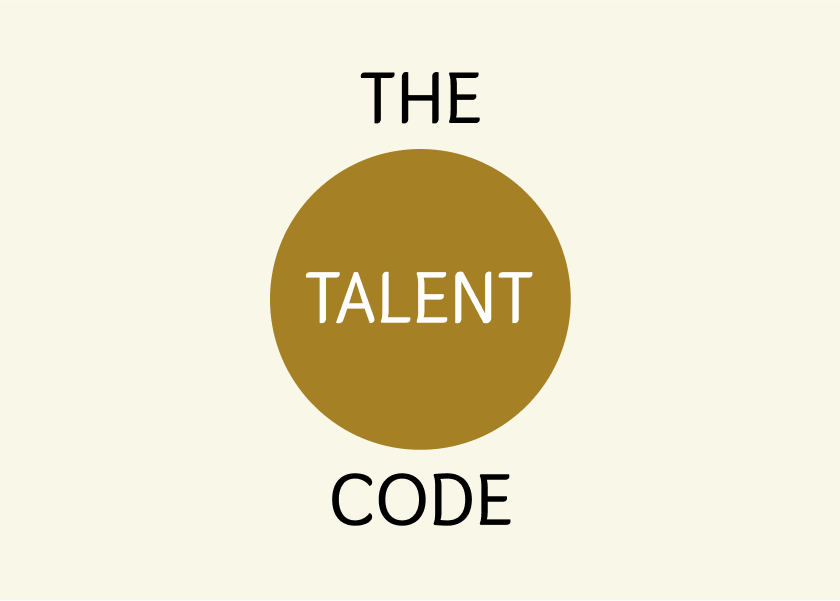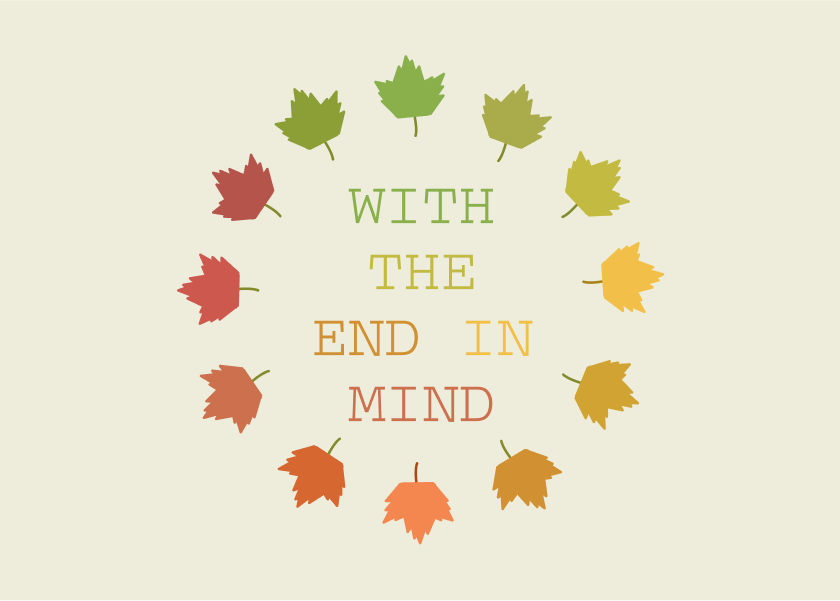Stolen Focus by Johann Hari - Summary
This book explores 12 deep forces damaging our attention, from constant digital stimulation to societal pressures. It's not just a personal failing, but a systemic problem needing collective action. Discover how our focus has been stolen & how we can reclaim it.
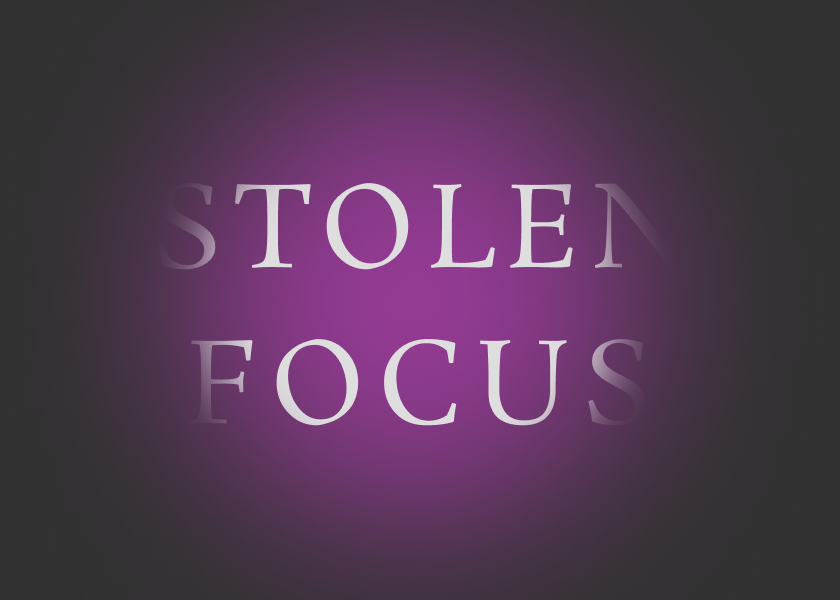
The following is a summary of the book Stolen Focus by Johann Hari.
Listen to ShelfHelp's podcast summarising the book Stolen Focus by Johann Hari.
Introduction
Are you constantly distracted, struggling to focus, and feeling like your attention span is shrinking? In today's hyper-connected world, it's a common struggle. Stolen Focus: Why You Can't Pay Attention—and How to Think Deeply Again by Johann Hari delves into the root causes of our attention crisis, arguing that it’s not just a personal failing but a systemic problem requiring collective action. This book is a compelling exploration of the forces that are stealing our focus and offers a path toward reclaiming it. If you're looking to understand why you can't concentrate, and what to do about it, this article will provide a detailed summary of the book, its key insights, and actionable steps, saving you time while providing actionable tips.
Table of Contents
- About the Author
- Who Should Read This Book?
- Key Insights and Themes
- Detailed Summary
- Review
- Actionable Takeaways
- FAQs
- Conclusion
About the Author
Johann Hari is a British writer and journalist. He is the author of two New York Times bestsellers, Chasing the Scream: The First and Last Days of the War on Drugs and Lost Connections: Uncovering the Real Causes of Depression—and the Unexpected Solutions, which have been translated into thirty-seven languages. Hari's work is praised by a diverse audience, from Oprah Winfrey to Noam Chomsky. His TED Talks on addiction and depression have garnered over 75 million views. Hari's credibility is further cemented by his extensive work for leading newspapers and magazines worldwide. He approaches the topic of attention with a journalist's eye, thoroughly researching the science and interviewing leading experts.
Who Should Read This Book?
Stolen Focus is essential reading for anyone who feels that their ability to focus is declining. This includes:
- Professionals: Those who struggle with constant interruptions, multitasking, and the feeling of never having enough time to focus on deep work. For example, if you are a CEO who can't go 6 minutes without checking email or a teacher who feels that they are losing the ability to read deeply, this book is for you.
- Parents: Individuals who are worried about their children's increasing dependence on technology and declining attention spans.
- Students: Learners who struggle with distraction and want to improve their focus for better academic performance.
- Anyone Feeling Overwhelmed: People who feel that they are constantly bombarded with information and find it hard to switch off and engage in activities that require sustained focus like reading.
- Individuals Interested in Social Issues: Those who want to understand the systemic and societal factors contributing to the attention crisis and how to bring about change.
Key Insights and Themes
Here are the main ideas and key takeaways from Stolen Focus:
- Twelve Deep Forces: Hari identifies twelve societal forces that are damaging our attention, including the increase in speed, the crippling of flow states, physical and mental exhaustion, the collapse of sustained reading, the disruption of mind-wandering, and the rise of manipulative technology.
- Systemic Problem: The book emphasizes that the attention crisis is not just an individual issue but a result of systemic problems.
- Collective Responsibility: Individual solutions are not enough, we need collective action to address these problems.
- The Power of Flow: Flow states are critical for creativity and productivity and that they are disrupted by modern life.
- Technology's Role: Technology is not neutral but is designed to capture and manipulate our attention for profit.
- The Importance of Reading: Sustained reading is essential for deep thinking and focus and is being threatened by digital culture.
- Mind-wandering: Mind-wandering is a necessary part of the process of deep thinking, creativity and focus and is being disrupted by technology.
- Reclaiming Attention: There are ways to reclaim our focus through individual actions and broader social changes.
Detailed Summary
The book is structured around the twelve causes of our attention crisis. Here's a chapter-by-chapter breakdown:
- Cause One: The Increase in Speed, Switching, and Filtering: Hari explains how our lives have sped up, leading to constant task-switching, which fragments our attention. The average person spends more than three hours a day looking at their phone. We touch our phones 2,617 times a day. He also discusses "infomania", a state where our IQ temporarily drops due to constant interruptions.
- Cause Two: The Crippling of Our Flow States: This chapter explores how modern life, with its constant distractions, prevents us from entering the state of flow. Activities like reading and writing have always been sources of flow. Flow states require focused attention and immersion.
- Cause Three: The Rise of Physical and Mental Exhaustion: Hari discusses how lack of sleep and overwork lead to mental exhaustion and impair our ability to focus. Being awake for 18 hours leads to the equivalent of 0.05% blood alcohol content. 40 percent of people are sleep deprived.
- Cause Four: The Collapse of Sustained Reading: This section addresses the decline in deep reading due to digital distractions. The proportion of Americans reading for pleasure is at its lowest level ever recorded. Many people can only read a chapter or two before their attention wanes. Reading from screens encourages skimming and scanning, which bleeds over into how we read on paper.
- Cause Five: The Disruption of Mind-Wandering: Mind-wandering, crucial for creativity and problem-solving, is being disrupted by our constant need to be stimulated. The book explains how our minds need periods of unfocused thought to process information and make connections.
- Cause Six: The Rise of Technology That Can Track and Manipulate You: This two-part chapter explains how technology is designed to be addictive and to capture our attention for profit, and how the business model of social media companies prioritizes engagement over wellbeing. Tristan Harris, a former Google engineer, highlights that tech companies use techniques derived from behavioral psychology to manipulate users. He warns about the addictive nature of the technology and the loss of focus they cause. Infinite scroll makes users spend 50 percent more time.
- Cause Seven: The Rise of Cruel Optimism: This chapter explores how the tech industry subtly urges us to see the attention crisis as an individual problem that has to be solved with greater self-restraint, and not by changing the way tech companies operate. Nir Eyal's work is an example of this approach. This approach ignores the deeper, structural problems.
- Cause Eight: The Surge in Stress and How It is Triggering Vigilance: This chapter discusses how chronic stress leads to hypervigilance, making it hard to focus and stay calm.
- Causes Nine and Ten: Our Deteriorating Diets and Rising Pollution: Hari explores how processed foods and environmental pollutants negatively affect our brain function and ability to concentrate. There is strong scientific evidence that our diets and environmental pollution are causing an increase in attention problems.
- Cause Eleven: The Rise of ADHD and How We Are Responding to It: The book examines the rise in ADHD diagnoses and questions the narrative that it is primarily a genetic disorder. There is evidence that childhood trauma, poor diets and environmental pollution all contribute to the development of ADHD.
- Cause Twelve: The Confinement of Our Children, Both Physically and Psychologically: Hari discusses how children’s lack of free play and outdoor time harms their attention spans. By 2003, only 10% of children spent time playing freely outdoors.
Review
Stolen Focus is a powerful and thought-provoking book that successfully illuminates the complex web of factors contributing to our attention crisis. Hari's journalistic approach, combining scientific research with personal anecdotes and interviews, makes the information accessible and engaging. The book’s strength lies in its ability to shift the focus from individual responsibility to systemic issues. The detailed exploration of the 12 causes is comprehensive, and Hari doesn’t shy away from discussing controversial topics. The book is meticulously researched, as evidenced by the 400 endnotes and 250 scientific studies cited.
However, one of the potential weakness of the book is that it occasionally repeats its core arguments, which is likely due to the complexity of the topic, but might be repetitive for some readers. Another minor issue could be the sheer scope of the problem it presents, which at times can feel overwhelming. The solutions offered in the book do require a radical change in our thinking and societal structures, which may not appeal to all readers.
Actionable Takeaways
Here’s how to apply these lessons in real life:
- Create "islands of focus": Carve out specific times for focused work, minimising distractions.
- Prioritise Deep Reading: Make time for reading physical books.
- Practice Mind-Wandering: Allow time for unstructured thinking and reflection.
- Prioritize Sleep: Ensure you get sufficient, restful sleep each night.
- Take Breaks: Take regular breaks from screens to help maintain focus.
- Improve Diet: Reduce processed foods and focus on nutrient-rich options.
- Limit Screen Time: Track and reduce time spent on screens, especially on social media.
- Connect with Others: Use social media as a trampoline back to the real world to connect with people in person.
- Advocate for Change: Support policies that reduce screen addiction and make tech more humane.
FAQs
- What is "Stolen Focus" about? "Stolen Focus" explores why our attention spans are declining and identifies twelve systemic forces that are damaging our ability to focus, arguing that it's not just a personal problem but a societal one that requires collective action.
- Is "Stolen Focus" worth reading? Yes, absolutely. If you struggle with focus, this book is essential for understanding the underlying causes of our attention crisis and how to reclaim it. The book's insights and practical solutions make it well worth your time.
- Does the book offer practical solutions or only explain problems? The book explains the systemic problems, but also suggests actionable steps to take to heal and restore attention, on individual, collective and societal levels.
- What does the book say about technology? The book argues that technology, particularly social media, is not neutral but is designed to capture and manipulate our attention for profit.
- What does the book say about ADHD? The book questions the dominant narrative that ADHD is primarily a genetic disorder, highlighting the influence of environmental and societal factors, such as poor diet and childhood trauma.
Conclusion
Stolen Focus is more than just a book about attention; it’s a call to action. Hari convincingly demonstrates that our inability to focus is a symptom of a deeper societal issue, not a personal failing. By understanding the systemic forces that are stealing our focus, we can begin to reclaim our attention, our minds, and our lives. Don't wait for change, be part of it. Read "Stolen Focus" today to begin your journey towards a more focused and fulfilling life.
As an Amazon Associate, ShelfHelp may earn money from qualifying purchases. Needless to say, ShelfHelp only includes affiliate links to books we recommend and think are worth your time reading.

